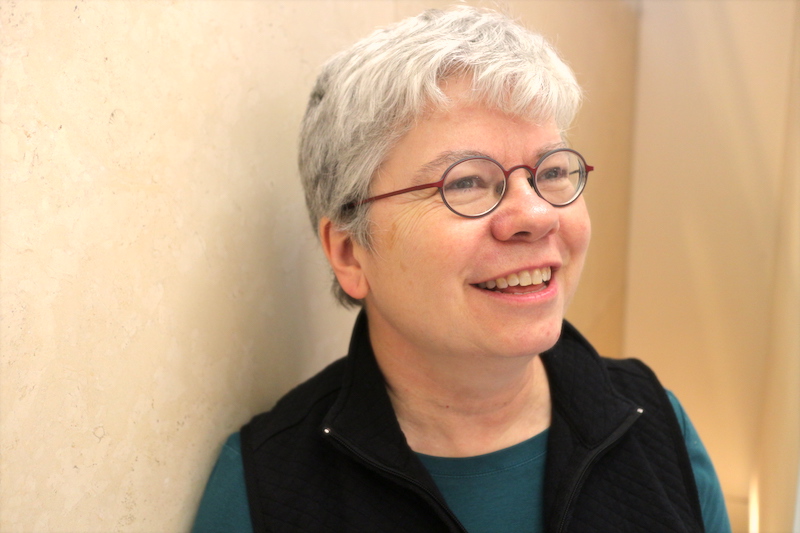“I’m trying to create awareness for researchers on opening up their own data. Before working [on open data] I didn’t know anything about it. If people open up their data there is so much more that can be done. You can share ideas, review someone else’s data and find something that they didn’t find before. I feel that’s very important.
I feel when people open up their data, it’s no longer people competing with each other – they’re helping each other to make the world a better place. If you keep something to yourself you might not see everything in it that might improve the world. But if you share it with peers, someone else might discover something that might make the world a better place.
We have the data but [currently] we’re not the owners of the data. Africa needs to step up. We need to be partners in research. We need to open up our data and also to own our data.”










